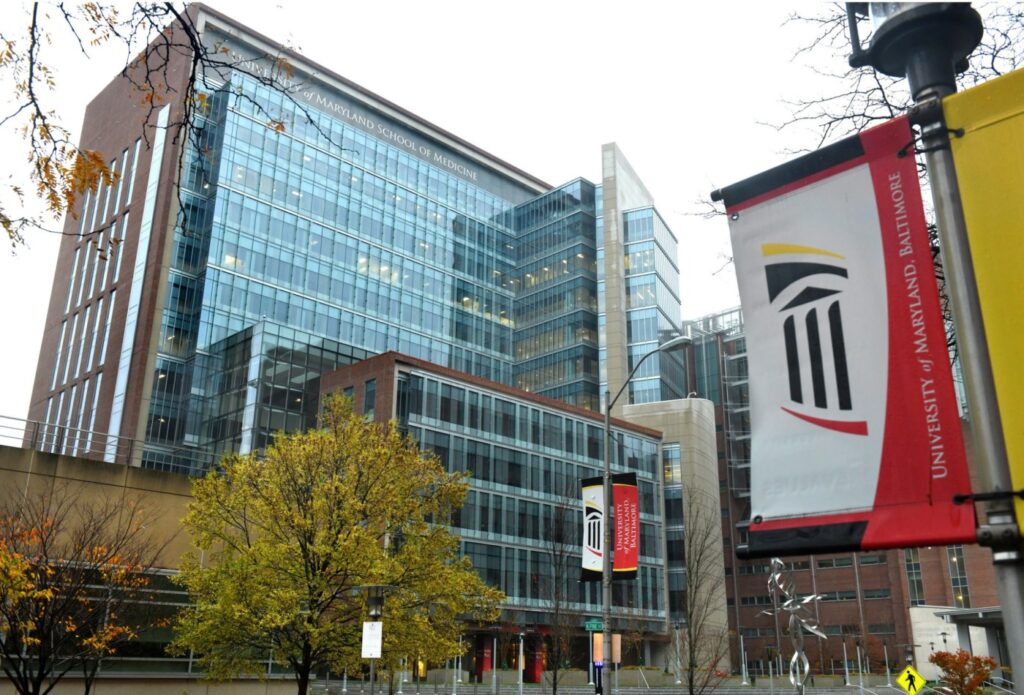
Maryland universities are grappling with a significant decline in federal grants, which threatens ongoing research projects and the financial stability of academic institutions. According to a report from the Center for American Progress, Maryland universities lost nearly $119 million in federal grant funding this year. This reduction marks a pivotal shift in the academic landscape, as institutions that heavily relied on federal dollars now face the need to diversify their funding sources.
Researchers at the University System of Maryland have expressed their concerns about the impact of these cuts. Patrick O’Shea, vice president for research, acknowledged the university’s past dependence on federal funding, stating, “Our failure was a lack of diversity in funding.” With Maryland institutions managing approximately 3,000 federally-funded research projects at any given time, the loss of funding for projects that were already in progress has raised alarm among faculty and researchers.
On October 10, 2023, researchers from the University of Maryland, College Park, convened a virtual town hall to discuss the implications of these funding cuts. Marc Pound, a research scientist in the Astronomy Department, highlighted the precariousness of grant-funded positions, saying, “I don’t see how I can keep working at the university if my grant is clawed back.” He noted that his department’s multi-year grant from NASA Goddard is now at risk, further complicating an already uncertain situation.
Many researchers are feeling the pressure as they rely on a combination of state funding and federal grants. Pound recounted a recent experience with NASA, where funding was divided into two blocks, creating uncertainty about the second installment. “In late summer, NASA said it could not promise the second half of my funding,” he shared, underscoring the unpredictability facing academic researchers.
This funding crisis has led to heightened anxiety among faculty, with some requesting anonymity due to concerns about job security. Many are seeking assurances from university administration regarding safety in a politically charged environment. They have called for measures such as active shooter drills and better protection of personal information.
In response to these challenges, Karin Rosemblatt, professor of history and president of the United Academics of Maryland-UMD, organized the virtual town hall after previous requests for a forum with campus administration were overlooked. “We see here how people who don’t have the protection of tenure are not going to be able to continue their research for politically motivated reasons,” she stated, emphasizing the broader implications for academic freedom.
Other Maryland institutions are also experiencing funding cuts. Johns Hopkins University, which has a storied history as a leading research institution, lost $800 million in funding from the U.S. Agency for International Development in March. To assist affected faculty and researchers, the university has established a dedicated website offering resources, including grants of up to $150,000 for faculty whose federal awards have been terminated, as well as bridge grants of up to $100,000 to support ongoing work.
At Morgan State University in Baltimore, the institution faced the rescindment of 22 grants totaling $13.5 million, with $3.6 million in future payments lost. Despite these setbacks, university spokesperson Dell Jackson reported that Morgan State has not been as negatively impacted as some other institutions, asserting their commitment to becoming a leading research university in Maryland.
O’Shea emphasized that universities are actively working to overcome this funding crisis. “We are working behind the scenes for the well-being of our people,” he stated. “We’re working very hard to help them stabilize, pivot, and grow.” He expressed confidence that these institutions will adapt to the changing landscape, noting, “Universities have been around longer than most countries or governments. We will survive.”
As Maryland’s higher education landscape undergoes this significant transformation, the focus will remain on how universities navigate the challenges posed by reduced federal funding while striving to maintain their research capabilities and academic integrity.






